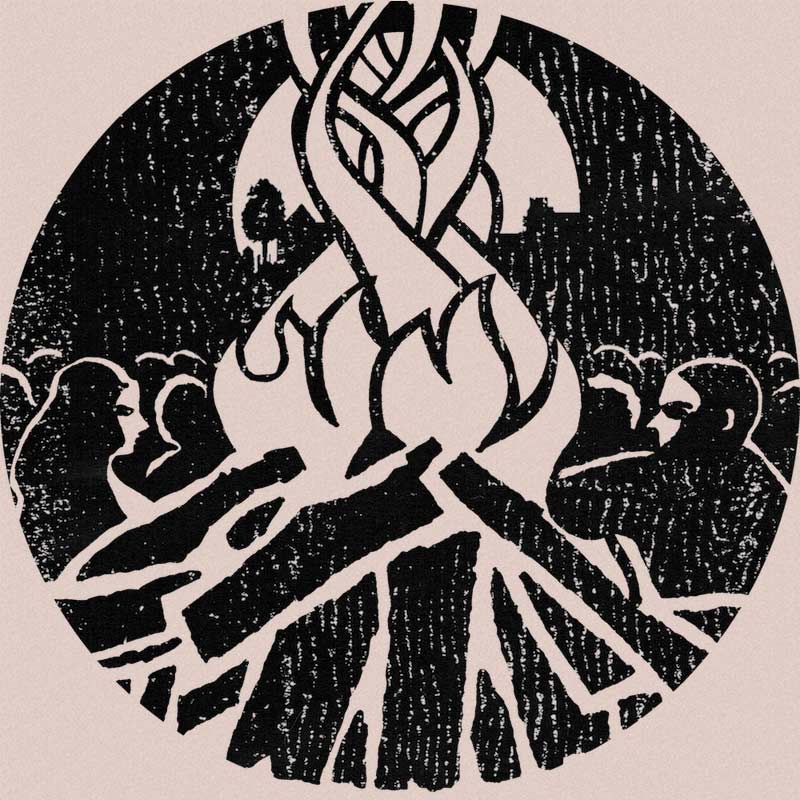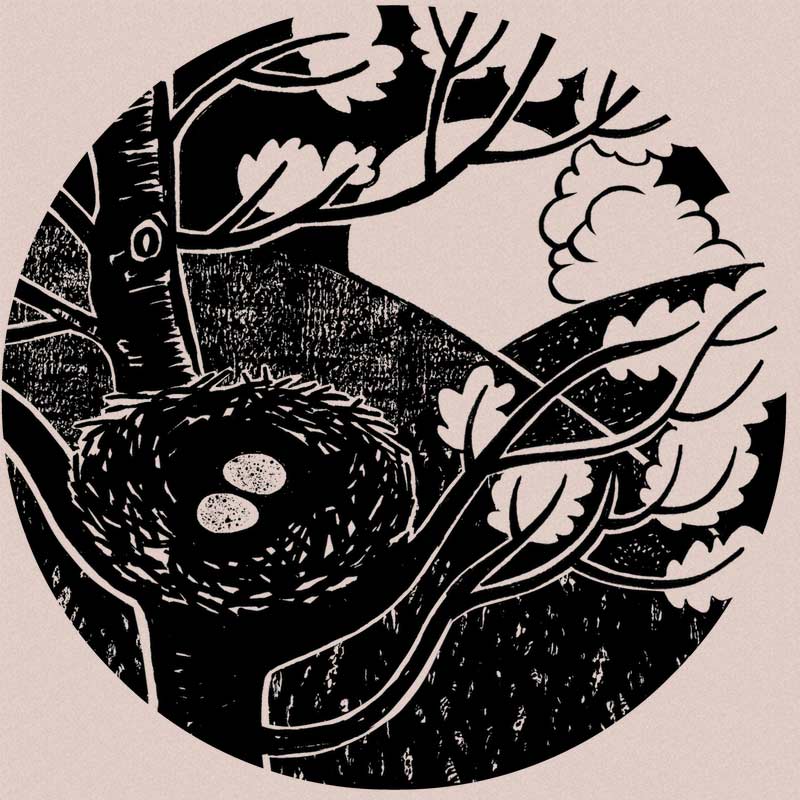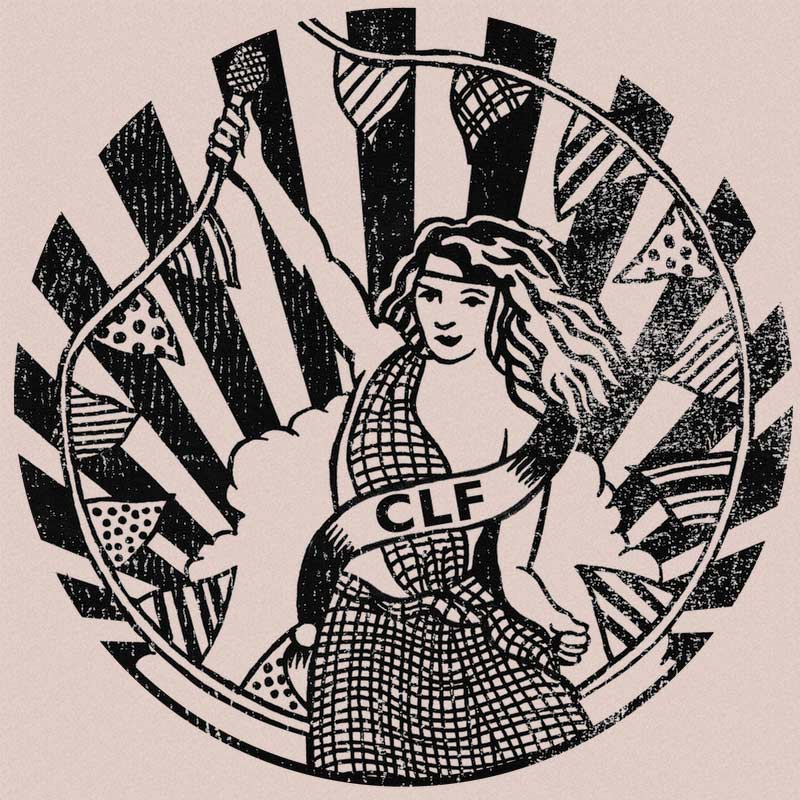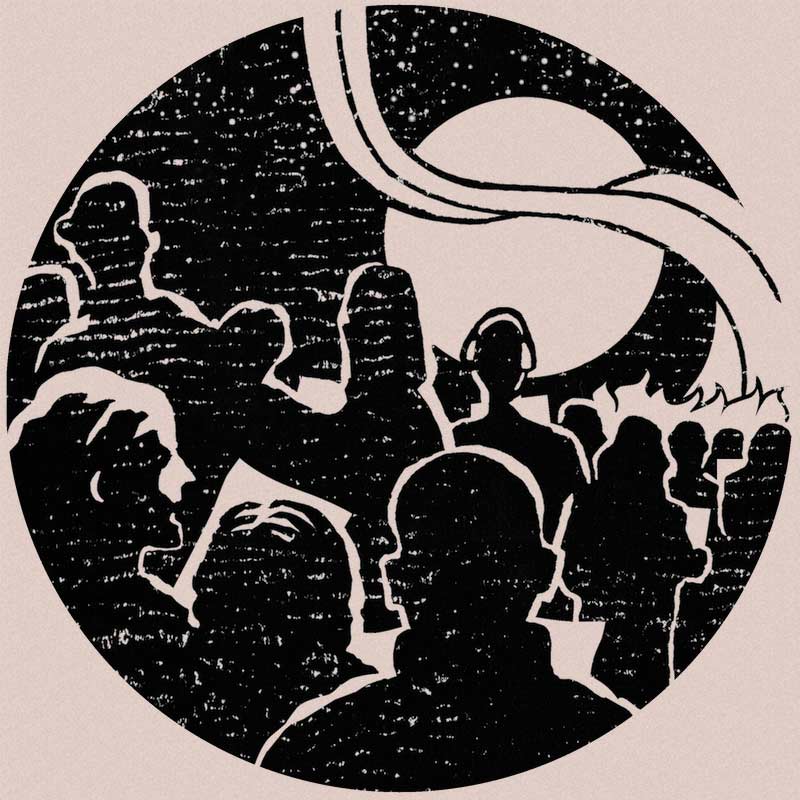07 July, 2020
Work Songs
A ‘work song’ is pretty much what it says on the tin – a particular form of folk music that is integrated with some sort of manual labour. Usually stemming from basic human needs or reactions – to help pass the time, reduce boredom, improve efficiency or create a bond with fellow workers – they have become important artefacts for historians in helping understand the lives of people in the past, who lived different experiences from newspapers accounts or academics. A key part of the folk music genre, work songs are oral chronicles of labouring life in different parts of society, and different cultures – from the field songs of Black slaves to Cornish sailors’ sea shanties.
Music historians such as Ted Gioia or Norm Cohen divide work songs into various categories or spheres of industry: pastoral, agricultural, industrial, domestic, sea shanties, hunting, street cries etc. For this blog post we’ll dive into sea shanties, agricultural field chants chain gang and industrial work songs.
Sea Shanties
Sea shanties were sailors’ work songs, sung to accompany manual labour on large merchant vessels. The songs were a way of coordinating the different tasks and movements of each sailor, ensuring they all pushed or pulled at the same time, and were synchronised. The songs would be led by a solo singer, or shantyman, with the rest of the crew joining for the chorus – a common trope in work songs. Shanties can be traced back as early as the 1400s, and come from the days of the old ‘tall’ merchant ships. There are two major variants of shanties – the Capstan Shanty and the Pulling Shanty. The former was similar to soldiers’ marching songs, and were used to accompany rhythmical work such as traipsing around the capstan to raise the anchor, whereas the latter accompanied the more irregular work like raising the yardarms or hoisting the sails.
Sea shanties started to disappear once steam-powered ships replaced the need for manual labour, and so by the turn of the 20th century these old songs were seldom heard.
Agricultural Songs
Most agricultural songs were a cappella chants, rhythmically synced to the physical movements of field work. The effect was twofold: not only to ease boredom and foster a sense of unity, but also to increase productivity. Often these songs were the only chances workers got to express their frustrations collectively, and slaves would use the improvisation of verses to belittle their overseers or sing about their dreams of freedom, far from the ears of their owners. A common form in early African-American agricultural songs is the call-and-response, where a solo voice would sing the verses, and everyone else would join in on the chorus. Often these work songs fused with religious chants, as slaves in America were often banned from practicing their faith, under the strict protestantism of their masters, so used field song as a covert way to continue worship.
Sometimes, work songs even contained coded messages or instructions for escape, such as ‘Swing Low, Sweet Chariot’: one of the codenames for The Underground Railroad was ‘the sweet chariot’, so singing this tune may have been a way for informing a slave to prepare to escape.
Many of the early American blues musicians reworked the work songs of plantation slaves or prisoner’s songs, arranging them on guitar and travelling across the state to perform, thereby helping to spread the music and establish early rhythm and blues.
Prison / Chain Gang Songs
Even after the abolition of slavery, a particular clause in the American constitution meant convicts (the majority of whom were Black) could be brought in as forced labour to work on railroads, in mines, in brickyards etc. The convicts were linked together with heavy chains to stop them escaping, which led to the term ‘chain gang’, and is where the moniker for their work songs comes from. This system was predominantly in the Southern states, such as Florida, Georgia, Louisiana, Virginia, North Carolina, Arkansas, Texas, Mississippi, and Alabama, as these were the ones that had benefited the most from the slavery as plantation labour. Once the slave system was abolished, many of the states used this constitutional clause to turn inmates into free labourers.
Sam Cooke’s famous song ‘Chain Gang’ was written after witnessing a chain gang working on a highway, while Cooke was on tour.
Industrial Work Songs
British industrial work songs originate from the industrial revolution in the 18th century, and were born as workers took folk songs they already knew (like ballads or agricultural songs) and adapted them to their new environment and experiences. During this transition, many families left rural areas where they had previously found employment in agriculture, moving to urban areas where new work could be found in the swiftly growing number of factories and industrial plants. In contrast to other forms of work songs, which were often sung during labour and synchronised to workers’ movements, industrial work songs were usually sung in breaks or after work, as the noise from the factories made it near impossible to sing over.
In the first British & American folk revival in the 19th/20th centuries, industrial work songs were sidelined in favour of rural and agricultural music, which was criticised as painting an inaccurate picture of earlier life, favouring an idea of a rural idyll that didn’t exist. The later folk music revivals tended to be more political in nature, and therefore showed more of an appreciation for the songs of workers. Ewan MacColl was a major figure in the second folk music revival, popularising industrial work songs alongside Peggy Seeger.
See upcoming Nest Collective events here



